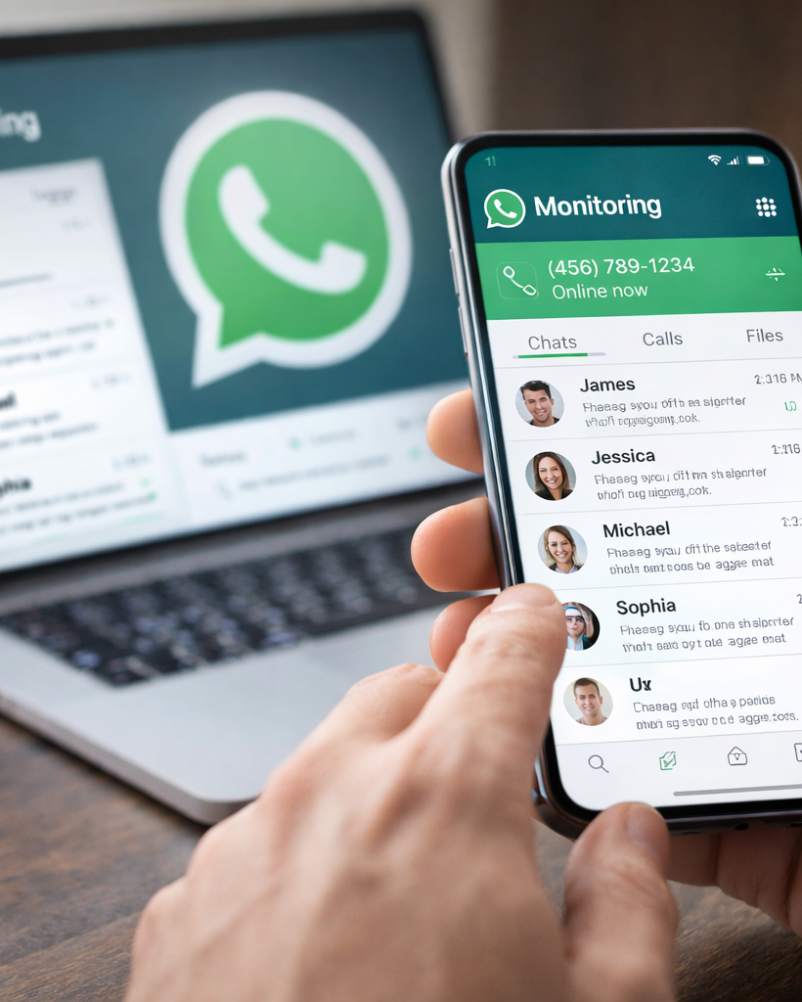ads
We live in an era where dating apps have become an essential part of how people connect. With just a few taps, you can start a conversation, set up a date, or even meet the love of your life. However, an important question arises: are you truly looking for love, or are you just trying to fill an emotional void?In this article, we’ll explore in depth how to identify your emotional intentions, understand your behavior patterns, and avoid the traps that can lead to frustration.
The rise of dating apps
The popularization of platforms like Tinder, Bumble, and Hinge has completely changed the dynamics of modern relationships. Today, digital connections have replaced traditional introductions, and convenience has become a decisive factor in the search for a partner.But along with this convenience comes the risk of confusing emotional need with genuine affection. Many people join these apps not because they’re ready for a relationship but because they want to fill the void of loneliness or regain their self-esteem after a breakup.
Recent studies on digital behavior show that over 60% of dating app users join out of curiosity or a need for emotional validation, not necessarily genuine love. This data highlights the importance of reflecting on our true intentions before swiping right.
Love vs. Loneliness
Healthy love is born from a conscious choice based on admiration, respect, and emotional compatibility. Loneliness, on the other hand, arises from a need for constant attention and approval, often leading to impulsive and unstable relationships.
Here are some fundamental differences:
ads
| True Love | Emotional Loneliness |
|---|---|
| You want to share your life, not fill a void. | You seek someone to distract you from loneliness. |
| There’s patience and respect for the other person’s pace. | There’s anxiety and a need for immediate responses. |
| You feel emotionally safe. | You constantly fear being abandoned. |
| The relationship promotes growth. | The relationship creates dependency. |
Recognizing these signs is the first step to breaking the cycle of superficial relationships and creating space for authentic connections.
The role of apps in the illusion of connection
Dating apps offer an endless variety of options — and that can be both liberating and dangerous. The feeling of being able to choose and be chosen so easily creates a false sense of emotional connection, tricking the brain with small doses of dopamine every time a new message or “like” arrives.
This dynamic becomes addictive: people constantly seek new interactions to maintain the feeling of pleasure and importance. However, these interactions rarely deepen, often reinforcing the feeling of emptiness.
So before you open the app for the hundredth time, ask yourself: “Am I looking for genuine connection or just trying to distract myself from loneliness?”
The dangers of loneliness disguised as love
Emotional loneliness can lead to impulsive decisions. It’s common to see people who:
ads
- Start relationships too quickly without truly knowing the other person.
- Ignore incompatibility signs out of fear of being alone.
- Adapt their personality to please others, losing their identity.
- Accept toxic relationships just to avoid feeling empty.
These behaviors result in repetitive cycles of disappointment and low self-esteem. The problem isn’t the apps themselves but how each person chooses to use them and what they’re seeking through them.
How to know if you’re ready to love for real
To discover whether you’re feeling love or just loneliness, you need to look within. Do an honest self-assessment with these questions:
- Do I feel good alone, or do I need someone to feel complete?
- Am I looking for a partner to share happiness or to escape sadness?
- Do I know myself well enough to understand what I want in a relationship?
- Do I have something emotional to offer beyond the need to be loved?
If most of your answers lean toward the second option, it may be time to work on self-love before pursuing a relationship.
Self-Knowledge: The first step to mature love
No app can replace the process of self-discovery. Learning to deal with your emotions, traumas, and expectations is essential to building balanced relationships.Loneliness makes you project onto others what’s missing within you. Mature love, on the other hand, allows two complete people to unite and grow together, not to cover emotional wounds.
To cultivate self-awareness, try:
- Therapy or professional counseling.
- Moments of introspection and reflection.
- Learning to say “no” and setting healthy boundaries.
- Developing hobbies and personal passions.
These steps strengthen your emotional independence and make you more selective and confident in your romantic choices.
How to use dating apps with purpose
There’s nothing wrong with using dating apps — the key is how you use them. Here are some practical tips for a healthier experience:
- Be clear about your intentions: if you want something serious, say it upfront.
- Avoid overuse: don’t let the app become an emotional escape.
- Prioritize quality over quantity: value deep and sincere conversations.
- Learn to handle rejection: not every “no” is personal.
- Protect your emotional energy: don’t chase connections that drain you.
When used consciously, dating apps become a tool for genuine connection, not just a temporary distraction.
Love is a choice, not a need
In the end, the difference between love and loneliness lies in your intention. Love is born from a free and mature choice, while loneliness is an attempt to numb emptiness.Dating apps can open doors to great stories — as long as they’re used with emotional clarity and purpose.Before looking for someone to complete you, learn to be complete on your own. Only then will love stop being a temporary fix and become a lasting partnership.

